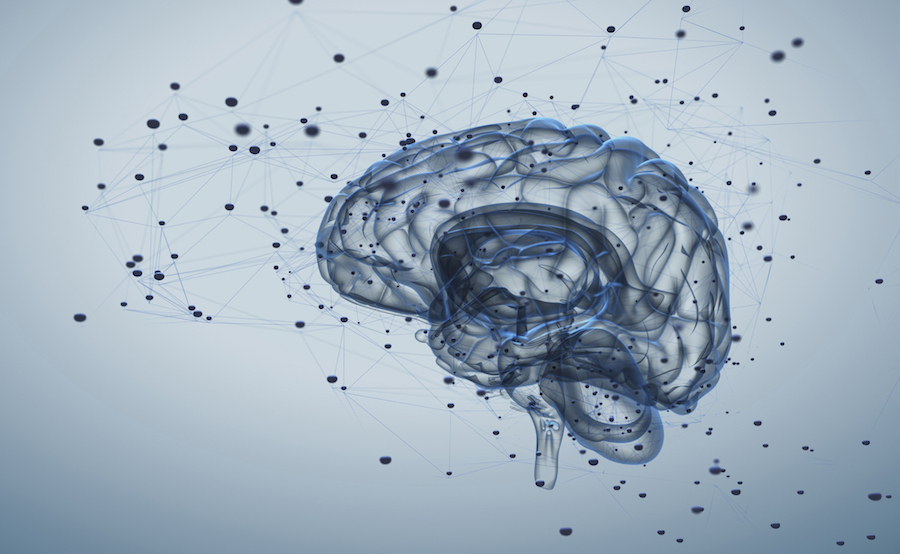Our brains age from our late 20s – so what can we do to slow the process down?
Here’s some expert advice on how to look after your brain health.
As teenagers all over England, Wales and Northern Ireland pick up their GCSE results, you may be thinking back to a time when you did the same.
After infancy our brain’s biggest growth spurt happens in adolescence, providing increased processing power – in other words, we have great capacity for acquiring information during this period of our lives, and into our early 20s.
But what happens to the brain after that? Will you ever be as adept at picking up the basics of algebra or atomic structures as you were at 15 or 16?
How do our brains age?

Consultant Dr Aamer Khan, from the Harley Street Clinic, currently researching the effects of ageing, explains that it happens earlier than we might think.
“The ageing process of the brain begins in our late 20s, and we start to lose brain cells. This process is a part of natural ageing and happens to everyone. Fortunately, this happens in the parts of our brains that are not in use and does not impact on our intelligence, memory, or ability to learn,” he says.
Into our 30s, Dr Khan says it’s important to really use and exercise different parts of our brains.”If we do not exercise our brains, then features of declining memory can start as early as in our 30s, and can be significant by the age of 50.”
By the time we get to 60, he says the brain can show “physical shrinkage” and by 80, one in six people will have signs of dementia. “It’s twice as common in women than in men,” he says.
Is there a way to slow this down?

It may sound scary, but experts say there are things you can do to keep your brain healthy – just like any other organ.
“Exercising the brain with social interaction, reading, doing crosswords, and learning a new skill, like a language, chess or playing bridge, a musical instrument, and dancing; have all been shown to increase the size of the white matter of the brain, which is associated with improvement in mental function,” says Dr Khan.
He also notes that certain factors also have an impact on early accelerated brain deterioration. “These include cardiovascular disease, high blood pressure, obesity, metabolic disorder and diabetes, excess use of alcohol and recreational drugs.
“To slow the decline or even reverse the process, it’s important to address and treat any of the above conditions medically, and prevent them from occurring or worsening, through lifestyle changes and habits – including increasing physical activity, reducing alcohol consumption, avoiding excess amounts of processed sugars and food, and including fresh fruit and vegetables in your regular diet.”
Meanwhile, a new research paper by Dr Emma Derbyshire on cognition at every stage of life, due to be published in the journal Nutrients, charts the role of nutrition and supplementation of key nutrients on our brains. Twenty-five trials involving 3,633 people found that omega-3 supplementation could support brain health across the lifespan.
Of a study into omegas for 20-34-year-olds, Dr Derbyshire, an advisor to brain health supplement Equazen, says: “What’s interesting about this trial is that it suggests that when omega levels are increased, less brain power is needed to achieve improved cognitive performance.”
So there you go – look after your overall health, learn new skills, socialise and get enough omega, and your brain has the best chance of staying sharp well into old age.
The Press Association
Latest posts by The Press Association (see all)
- Maple Cinnamon Granola - January 8, 2025
- 8 things your feet can tell you about your health - January 8, 2025
- 9 ways to look after your emotional health better in 2025 - January 7, 2025
- EastEnders fans to vote on storyline for the first time in 40th anniversary week - January 7, 2025
- Aldi beats rival Lidl as cheapest supermarket of 2024 - January 6, 2025





















